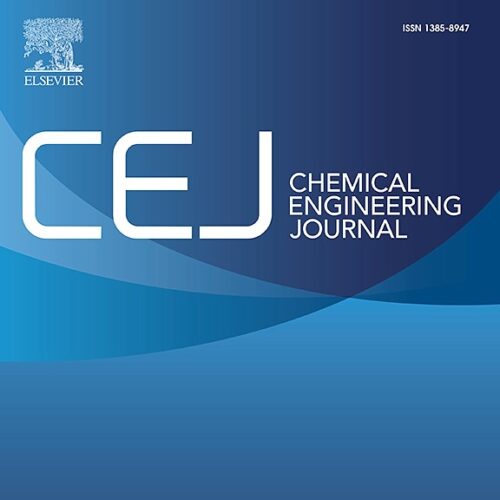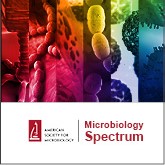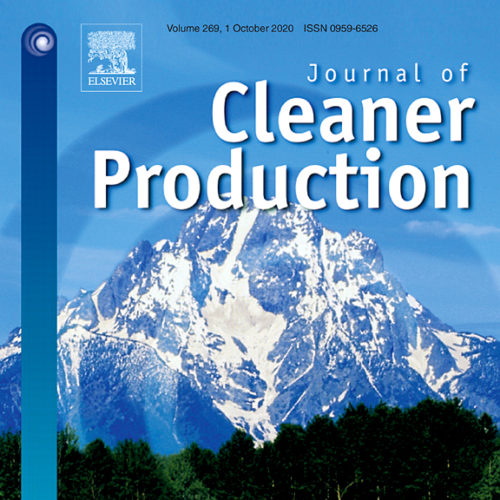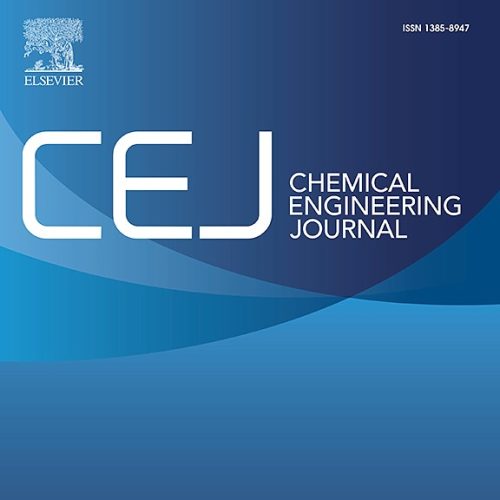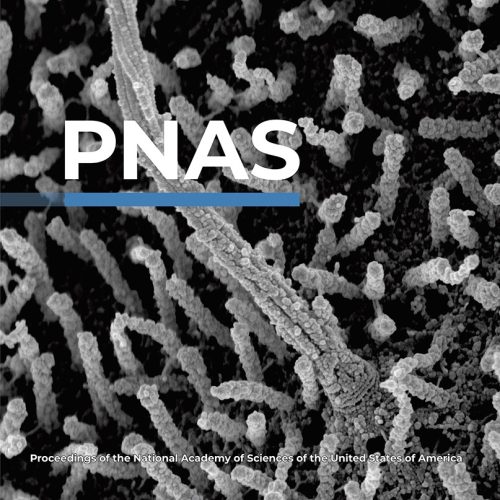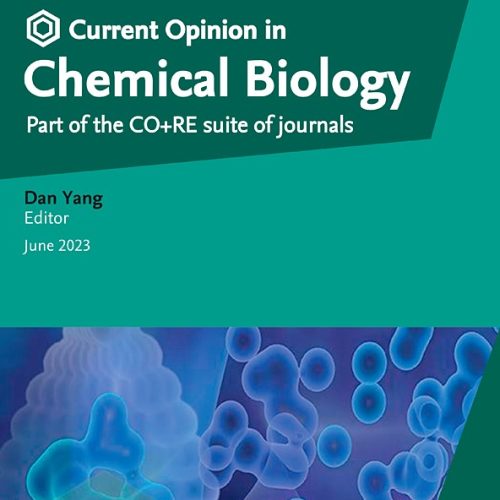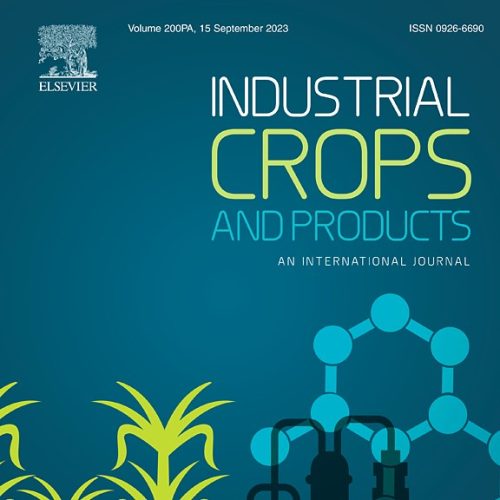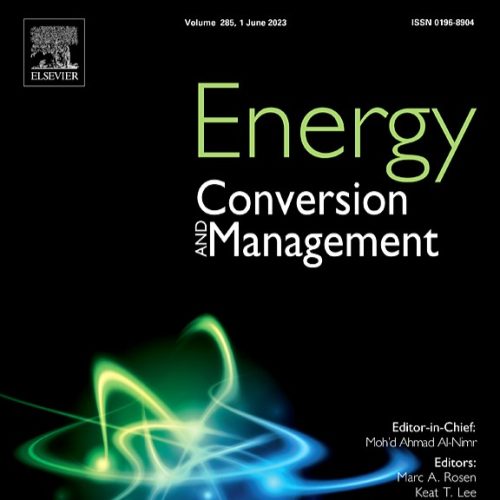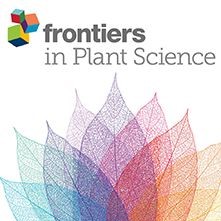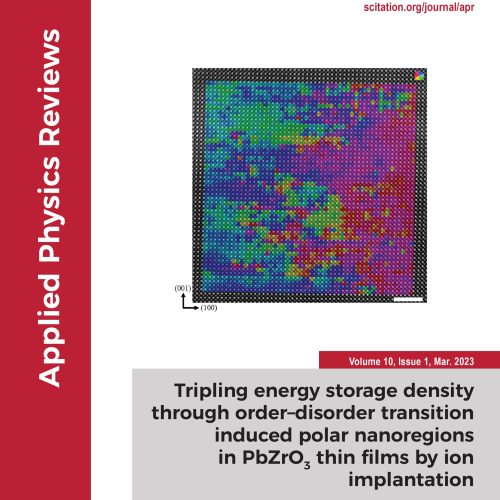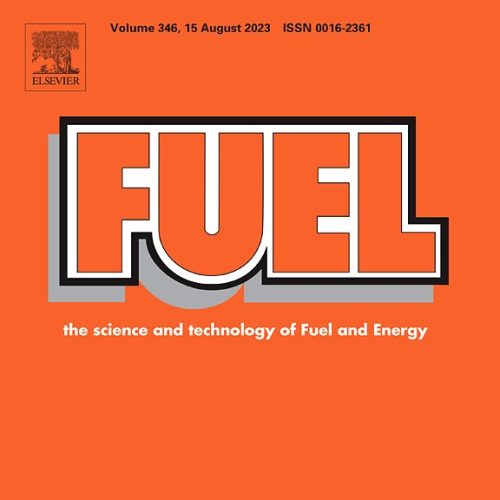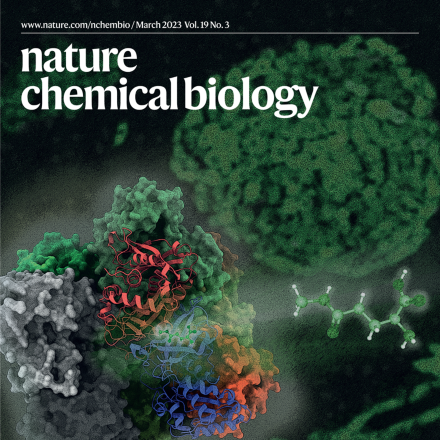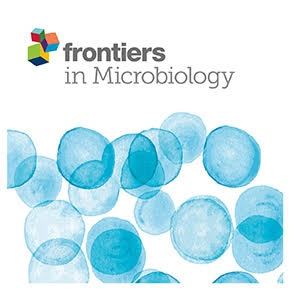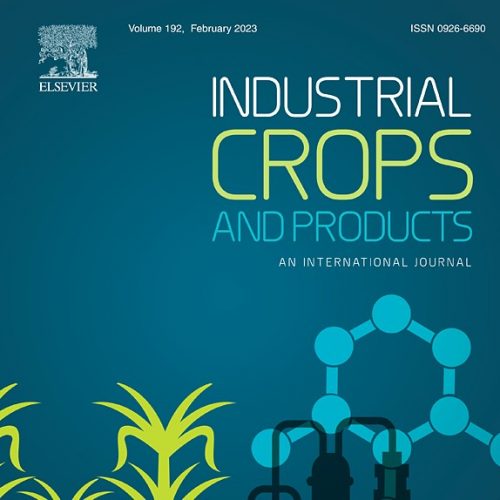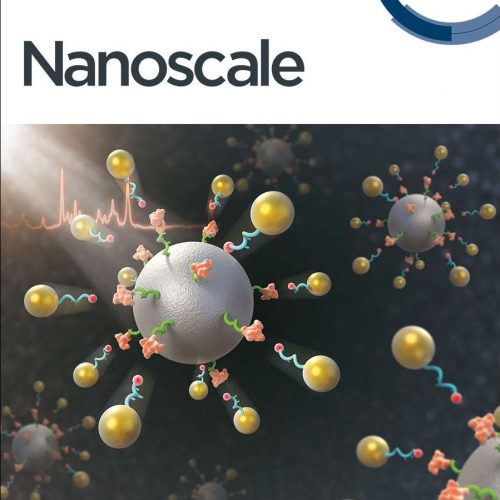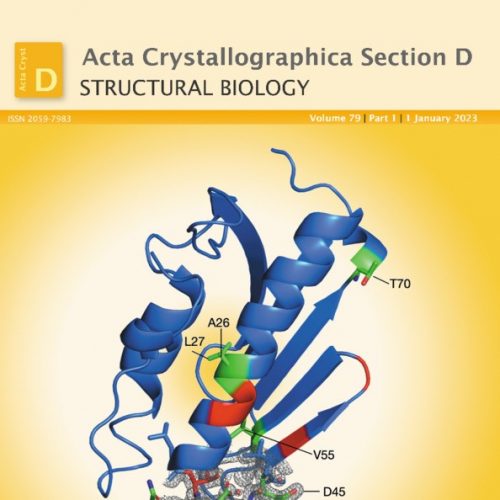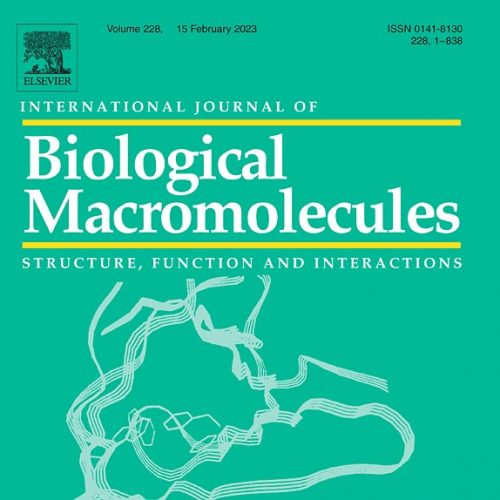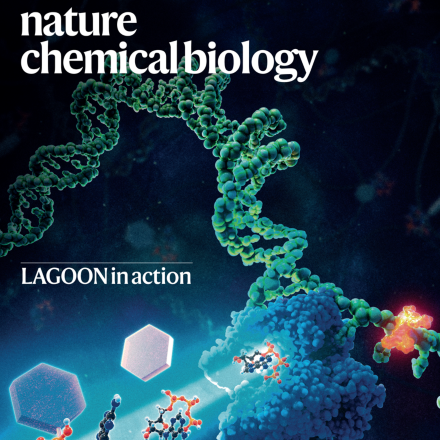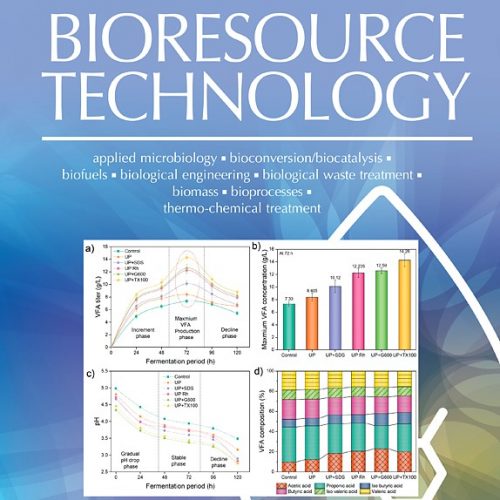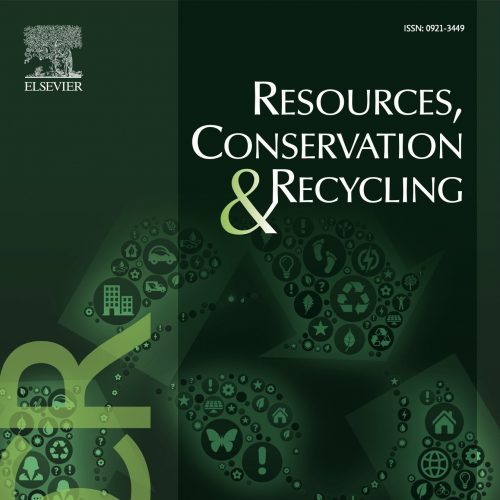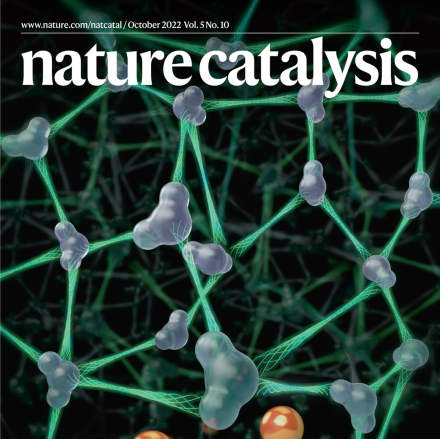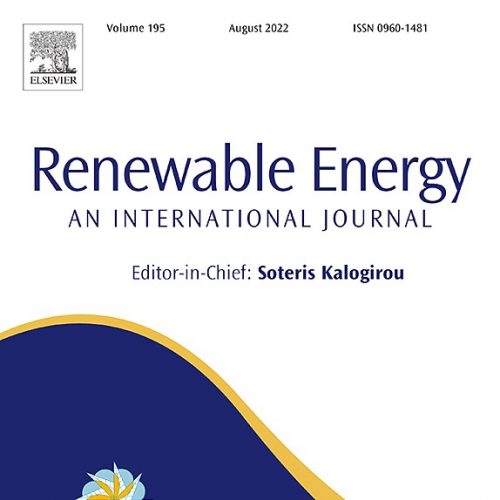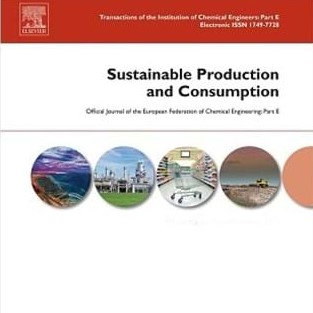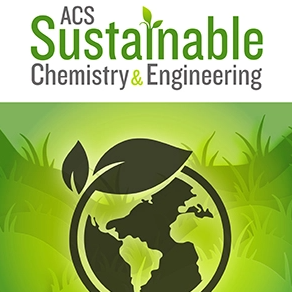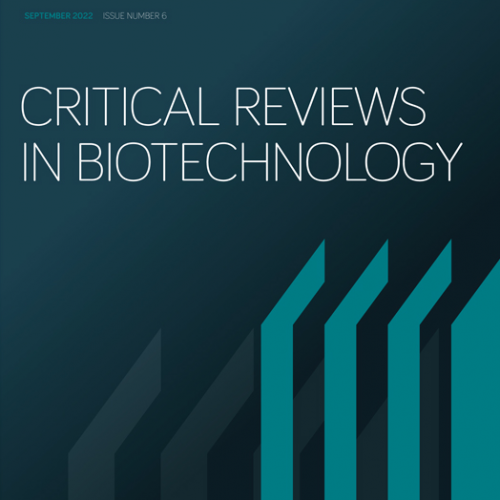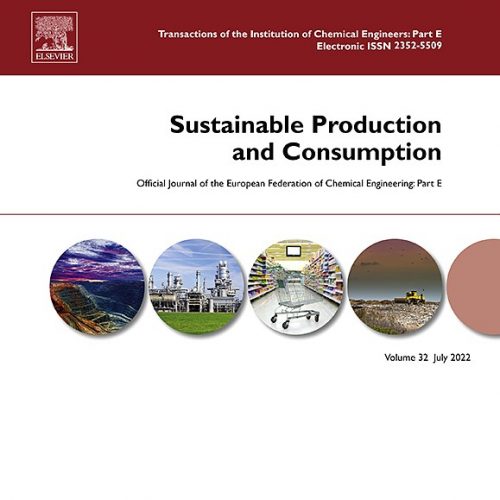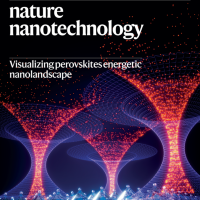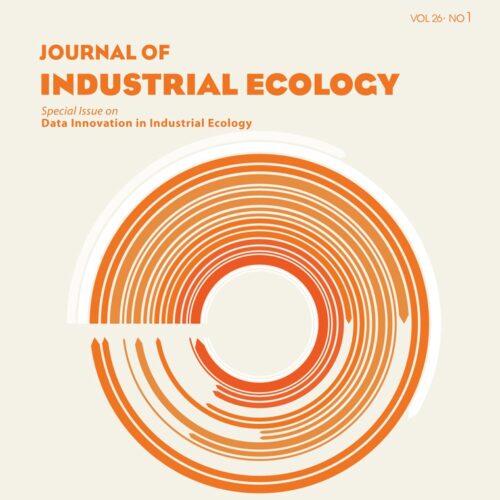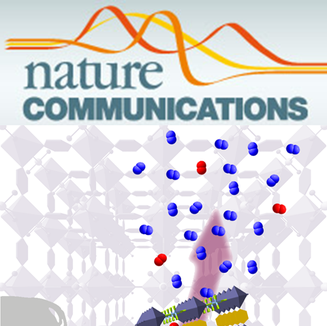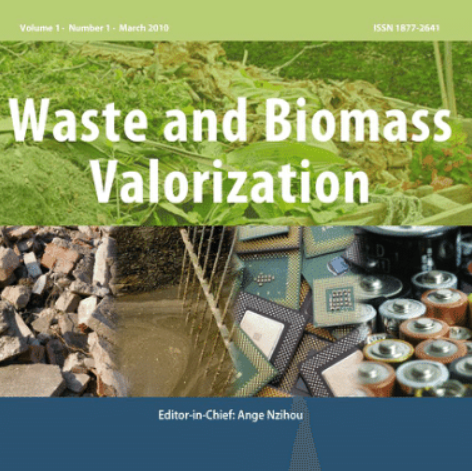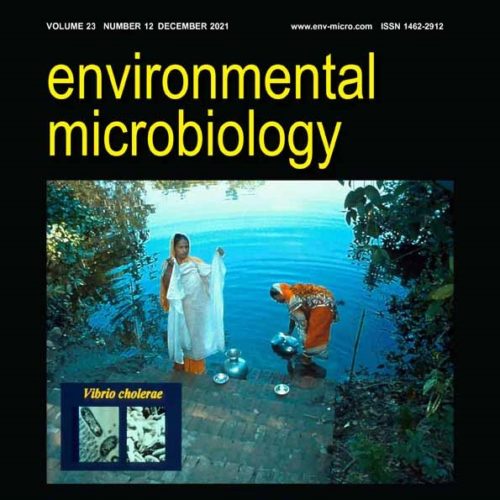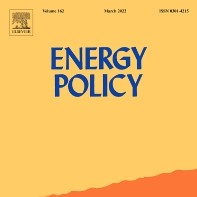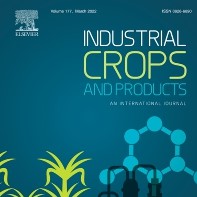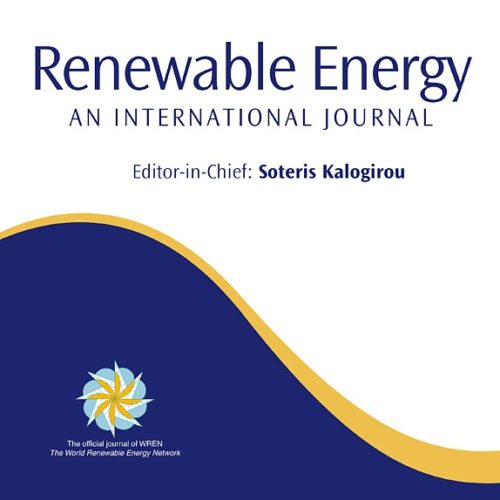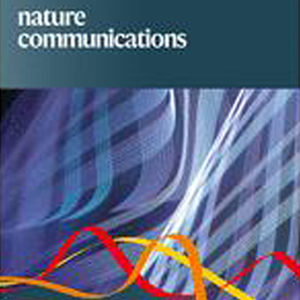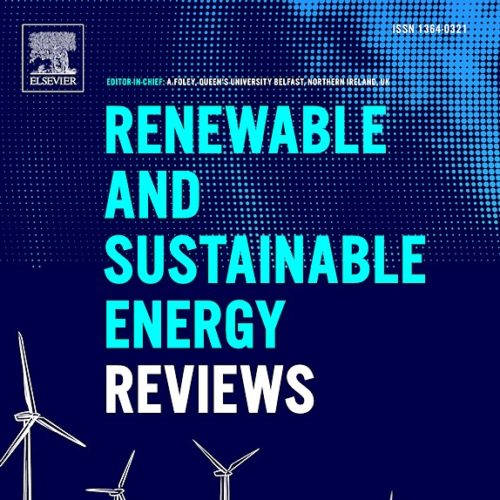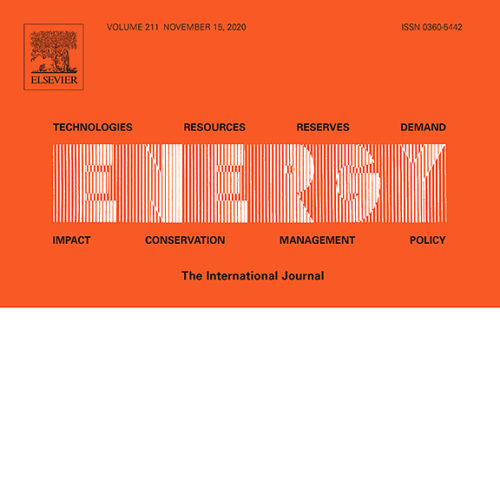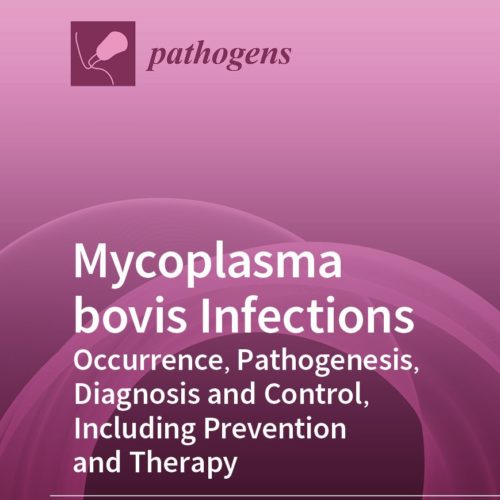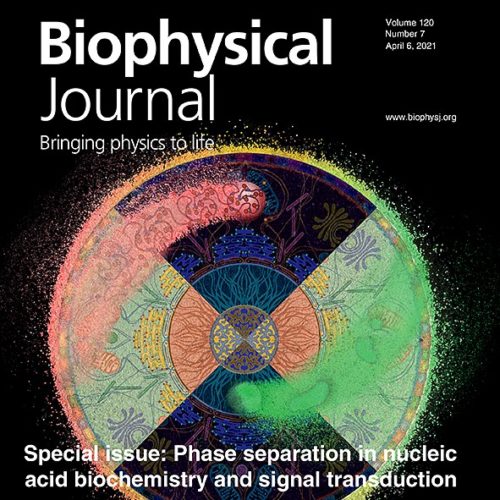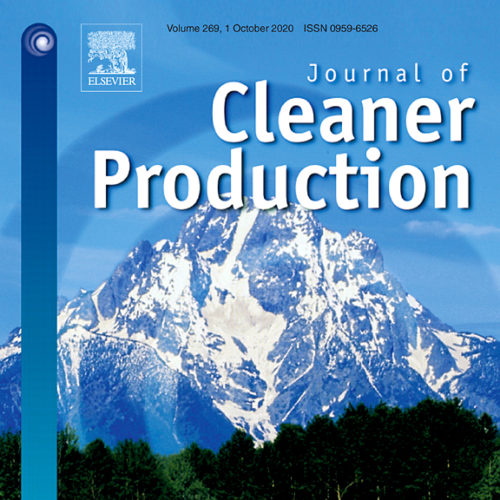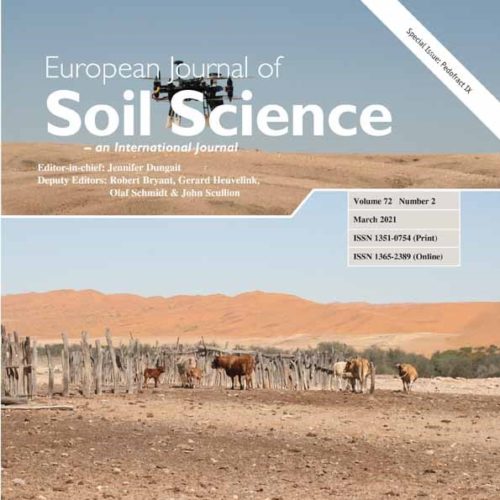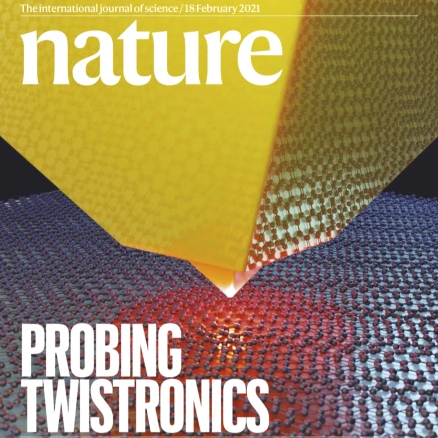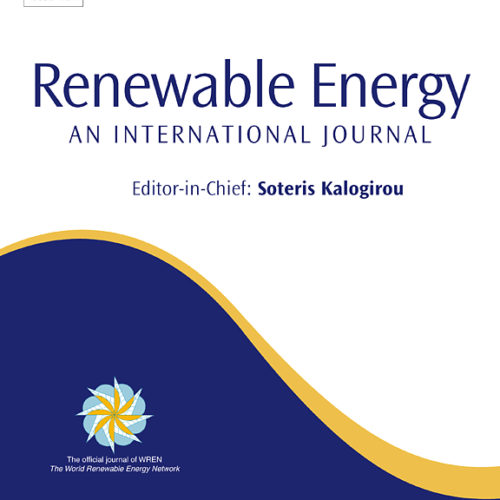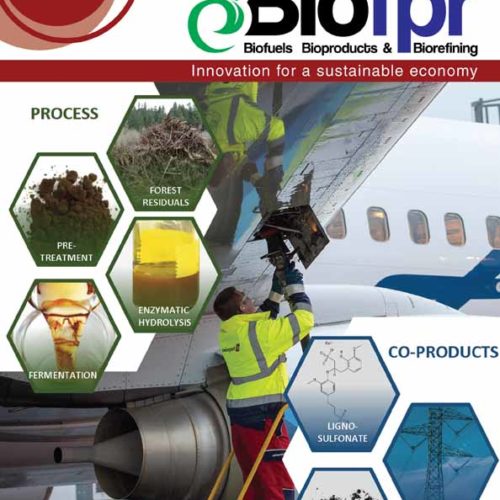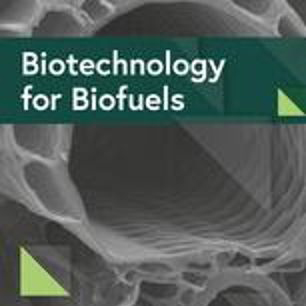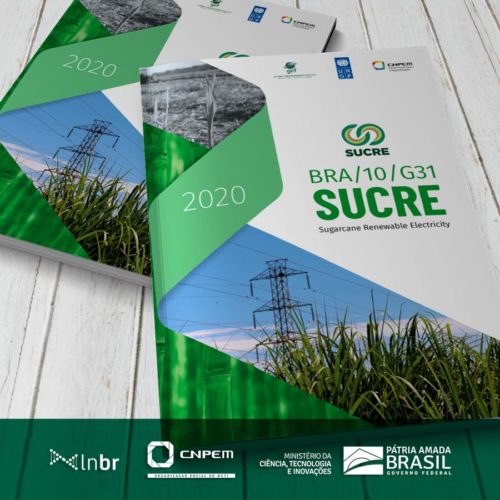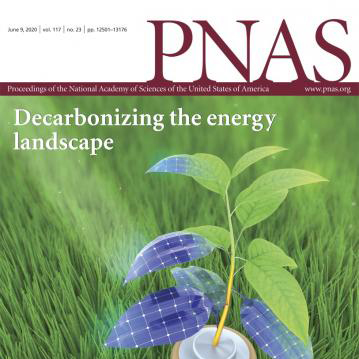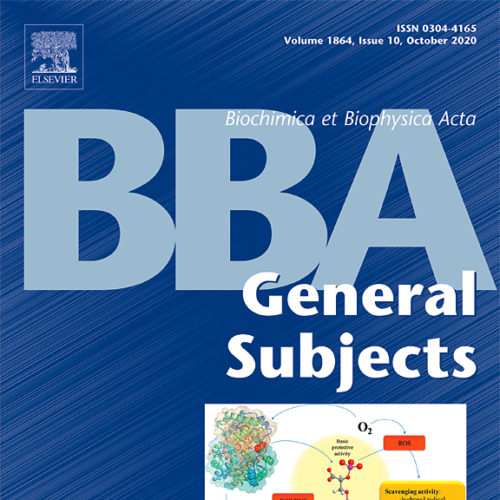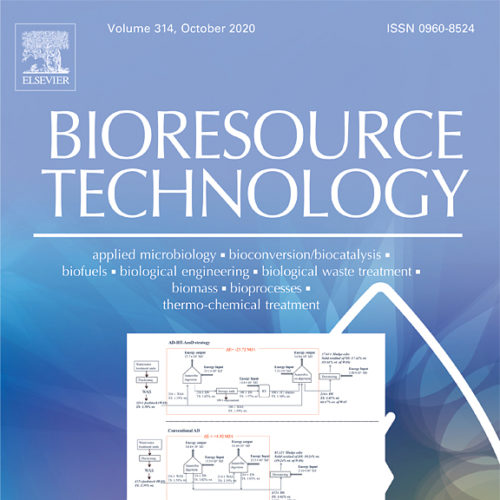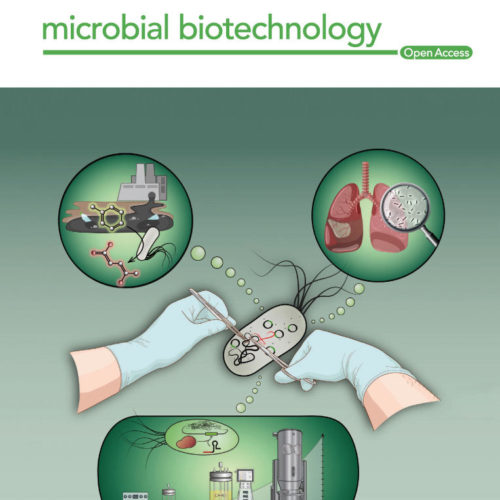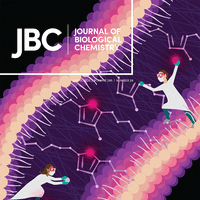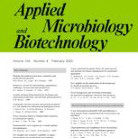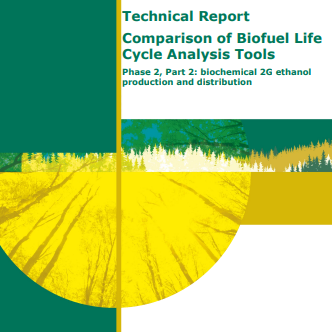Selected highlights of scientific publications, technology developments and partnerships.
SCIENCE
FEB-2024 Sustainability assessments of a supply chain can be complex. This study proposed a methodology for selecting products and biorefinery configurations, integrating technical, economic and environmental criteria in the decision-making process. As a case study, it selected portfolios of products derived from microalgae. Succinic, citric and acrylic acids were listed as the main bioproducts derived from carbohydrates. In addition, different combinations of strains and cultivation conditions were identified.
SCIENCE
NOV-2023 Xanthomonas bacteria are pathogenic to a variety of relevant crops and possess a vast repertoire of carbohydrate-active enzymes (CAZymes) of potential industrial use. This study investigated how different plant carbohydrates regulate the motility of this bacterium, which may have implications for the infection process of the host plant. We also investigated enzymes used to release glucose from cellulose and starch, providing inspiration for the development of industrial enzyme cocktails.
SCIENCE
OCT-2023 Meeting future food and energy demands while reducing greenhouse gas (GHG) emissions is a challenge. This paper explores the spatially explicit potentials to produce food and energy in Brazil by expanding bioenergy-livestock integrated systems under land use restrictions. Integrated systems can co-produce food, feed and energy using less land than conventional systems. There is great potential to mitigate GHG emissions profitably while preserving biomes and biodiversity.
SCIENCE
JUL-2023 Biobased pathways are a promising alternative for the decarbonization of the long-haul transportation sector. This study evaluated the techno-economic and environmental impacts of Biobased pathways to obtain long-haul biofuels (hydrocarbons), aiming to identify opportunities for metabolic engineering. The results demonstrated that these pathways can reduce greenhouse gas emissions by up to 70%, at a competitive cost compared to fossil fuels.
SCIENCE
Dimer-assisted mechanism of (un)saturated fatty acid decarboxylation for alkene production
JUL-2023 Alkene is an important chemical intermediate corresponding approximately to 70% of the petrochemicals sector. This work reports the discovery of the enzyme “OleTPRN” able to convert fatty acids of vegetal origin into alkenes. The identified enzyme opens a range of opportunities due to its compatibility with industrially relevant microorganisms and because it enables the use of a wide range of raw materials such as the ones rich in oleic acid, one of the most abundant fatty acids in nature.
SCIENCE
Glycosidase mechanisms: Sugar conformations and reactivity in endo- and exo-acting enzymes
JUN-2023 Glycoside hydrolases are crucial enzymes for the depolymerization of complex polysaccharides and play a fundamental role in a myriad of biological and biotechnological processes involving plant biomass. In this work, we used computer simulations to determine how the topology of the active site and the mode of action influence the catalytic routes adopted by this class of enzymes, guiding the rational use of these biocatalysts for industrial processes.
SCIENCE
JUN-2023 Energy cane has been considered a promising crop for bioenergy production. However, there is limited information about this biomass’s potential production and chemical composition. In this study, it was observed that, compared to sugarcane, energy cane presents higher dry biomass yield (~25%), higher fiber (~40%), lower sucrose (~60%), lower extractives in stalks (~50%) and also uptake higher amounts of nutrients from the soil.
SCIENCE
MAY-2023 Xanthomonas are bacteria that cause diseases in several agricultural crops important for global food security and possess a rich repertoire of enzymes of great biotechnological interest, either for the saccharification of lignocellulosic biomass as well as for the synthesis of natural emulsifiers such as xanthan gum. This review article describes the current knowledge about the enzymatic systems used by these bacteria to depolymerize and assimilate plant polysaccharides and to produce exopolysaccharides such as xanthan gum, highlighting where is the frontier of knowledge within this theme.
SCIENCE
MAY-2023 By 2040 it is expected that at least 50% of the fuel used in aviation will be sustainable. The present work aims at evaluating the production of Sustainable Aviation Fuel through the gasification and Fischer-Tropsch route, by considering the main possible implementation strategies in the Brazilian sugarcane industry. The results provide insight into scenarios in which biofuels could compete and substitute fossil aviation kerosene.
SCIENCE
Bacterial volatile organic compounds (VOCs) promote growth and induce metabolic changes in rice
MAY-2023 Agrochemicals used in crops are usually derived from non-renewable sources and can cause several environmental impacts. An environmentally friendly strategy is the use of microbial bioactive molecules. For the first time, this article shows the growth promotion of rice by bacterial volatile molecules. In addition, several metabolic pathways were identified as potentially modulate by these molecules. These results can help in the development of bioproducts aiming a more sustainable agriculture.
SCIENCE
MAY-2023 X-ray computed tomography is a versatile non-destructive technique that has been used extensively to investigate bio-based systems in multiple application areas. This review article presents applications of X-ray tomography to bio-based systems, synchrotron capabilities that are enabling nanotomography and time-resolved experiments, and the computational challenges and techniques that arise from the deluge of data generated in modern tomography beamlines.
SCIENCE
MAY-2023 The advance of cellulosic ethanol, based on the enzymatic hydrolysis of cellulose, generates large volumes of lignin-rich residue. In this review article, enzymatic hydrolysis lignin is presented as a renewable feedstock with unique characteristics of cost, availability, transportability, purity, and reactivity. The depolymerization of this type of lignin opens opportunities for obtaining biochars, biochemicals, and liquid biofuels in a new platform of biorenewables.
SCIENCE
Mechanism of high-mannose N-glycan breakdown and metabolism by Bifidobacterium longum
MAY-2023 This work elucidated key molecular mechanisms employed by bifidobacteria to feed on high-mannose N-glycans, complex carbohydrates found in glycoproteins from our intestinal lumen. Bifidobacteria are early colonizers of the human gut and this study expanded our knowledge on how they use complex carbohydrates as nutrients to survive in a competitive niche, bringing benefits to our health and inspiration for the development of new enzyme-based technologies.
SCIENCE
MAY-2023 Agrochemicals used in crops are usually derived from non-renewable sources and can cause several environmental impacts. An environmentally friendly strategy is the use of bioactive molecules produced by microorganisms. This review demonstrates how some of these molecules can inhibit the growth of different phytopathogens, both in vitro and in vivo. In addition, their mechanisms of action are described, as well as some bottlenecks for the development of biological products based on these molecules.
SCIENCE
Fate of silica phytoliths in the industrial crushing of sugarcane stalks
JAN-2023 Grasses such as sugarcane contain rigid and microscopic structures of biogenic silica (phytoliths) in their composition. This work employed imaging, fractionation, and ashing techniques to determine the fate of phytoliths in the industrial crushing of sugarcane stalks. The results show different degrees of disruption and integrity of plant tissues and phytoliths, contributing to the understanding of potential interferences in bagasse conversion processes and the potential for obtaining silica bioproducts.
SCIENCE
JAN-2023 Interactions between cellulose and lignin are key to transforming biomass into biorenewables. This work developed a new approach to investigate the forces between cellulose and lignin, using atomic force microscopy, analysis of force-distance curves with machine learning techniques, and molecular dynamics simulations. The results allow proposing new strategies to destabilize the interactions and improve the separation of cellulose and lignin.
SCIENCE
DEC-2022 Glycoside hydrolases (GH) are the main class of enzymes responsible for the depolymerization of the plant cell wall. In this study, the three-dimensional structure of a new enzyme, along with biochemical assays and phylogenetic analysis, enabled the establishment of a novel GH subfamily, the GH5_57. This finding opens new perspectives for the processing of an important carbohydrate by mannanases, enzymes that have several industrial applications.
SCIENCE
DEC-2022 Lignin is an aromatic macromolecule with potential for biorenewable chemicals production. In this work, sugarcane bagasse lignin was processed under hydrothermal conditions. A resulting bio-oil, rich in aromatic monomers, promoted the growth of bacteria from 9 species, with highlight to Pseudomonas sp. LIM05 and Burkholderia sp. LIM09. These results show a promising strategy for integration between hydrothermal process and bioconversion for lignin valorization.
SCIENCE
Mechanism of high-mannose N-glycan breakdown and metabolism by Bifidobacterium longum
DEC-2022 This work elucidated key molecular mechanisms employed by bifidobacteria to feed on high-mannose N-glycans, complex carbohydrates found in glycoproteins from our intestinal lumen. Bifidobacteria are early colonizers of the human gut and this study expanded our knowledge on how they use complex carbohydrates as nutrients to survive in a competitive niche, bringing benefits to our health and inspiration for the development of new enzyme-based technologies.
SCIENCE
DEC-2022 The enzymatic cocktail for the saccharification of sugarcane bagasse is crucial for the viability of cellulosic ethanol. Therefore, the optimization of the main operational parameters for growth and enzyme production on bench and pilot scale was performed using the fungal strain previously developed by LNBR/CNPEM. The assessment results showed that the platform is economically and environmentally competitive in comparison with literature and commercial alternatives.
SCIENCE
NOV-2022 This study demonstrates the use of an economic and environmental impact assessment platform, developed at CNPEM, which considers regional aspects in ethanol production, revealing potential environmental gains and revenue from Decarbonization Credits (CBIOS). The proposed georeferenced framework showed significant spatial variations that should be accounted for in future assessments in order to ensure the production of bio-renewables in a sustainable way.
SCIENCE
Site-selective proteolytic cleavage of plant viruses by photoactive chiral nanoparticles
NOV-2022 Chiral nanoparticles can be used to reduce crop losses caused by tobacco mosaic virus with reduced environmental impacts when compared to common pesticides. The chemical developed is practically innocuous for the plant and the environment. This work proposes that it is possible to fight diseases specifically and efficiently by controlling the size and chirality of nanomaterials through their functionalization with chiral organic molecules.
SCIENCE
NOV-2022 Xylose-fermenting non-conventional yeasts are promising alternatives for second-generation ethanol production. Here, we evaluated the impact of the Melle-Boinot process on the physiology of the non-conventional yeast Spathaspora passalidarum. A metabolic reprogramming was observed which resulted in an increase in both ethanol yield and productivity. These results can guide future development of novel microorganisms to enable the production of renewable energy from lignocellulosic biomass.
SCIENCE
SEP-2022 Bio-based plastics can contribute to climate change mitigation. However, their use is still limited by the high cost compared to traditional fossil-based polymers. In this study, the production process of polylactic acid (PLA) derived from sugarcane juice is evaluated from the techno-economic and environmental perspectives. Its integration with the Brazilian sugarcane production chain is strategic to reduce production costs and improve PLA’s competitiveness.
SCIENCE
AUG-2022 Recombinant yeasts are valuable to optimize the development of bioprocesses for second-generation biofuels production. This work proposes kinetic models to describe the recombinant yeast metabolism in a co-fermentation of sugars (sucrose, glucose, fructose and xylose) from sugarcane. The model allowed to evaluate the impact of cell concentration and different carbon sources on ethanol production in an integrated biorefinery.
SCIENCE
AUG-2022 Lignin is the main potential source of renewable aromatic chemicals, but solvation properties of lignin depolymerization fragments are not yet accurately and comprehensively described. This work modeled the solvation of lignin fragments in water and organic solvents using a quantum chemistry method. Unprecedented accuracy was achieved for a large set of lignin depolymerization fragments, a key advancement toward accurate computer modeling of lignin processing into renewable fuels and chemicals.
SCIENCE
AUG-2022 Integrated bioprocess strategies may facilitate ethanol production from both C5 and C6 fractions of lignocellulosic feedstocks. This work proposes a new process concept (SSICF), where sugarcane bagasse is hydrolyzed simultaneously with xylose isomerization and co-fermentation of C5 and C6 sugars. This is the first successful proof-of-concept of SSICF with enzyme recycling and non-GMO yeast, an innovative process with high potential for industrial use. Patent: BR1020200111221.
SCIENCE
Paradigm shift in xylose isomerase usage: a novel scenario with distinct applications
AUG-2022 The development of renewable materials requires adequate use of renewable carbon sources. In this context, D-xylose usage is crucial as it is the second-most abundant sugar in nature. This review provides an overview of xylose isomerases, enzymes that enable the xylose metabolism by several microorganisms. It covers from their primary sources to the biochemical and structural features that influence their mechanisms of action.
SCIENCE
Techno-economic and environmental assessment of bioenergy and livestock integrated systems in Brazil
AUG-2022 The integration of bioenergy and livestock production is a promising option to alleviate the pressure on land use. This study evaluated integrated systems, based on pasture intensification and use of biofuel subproducts as animal feed supplement. The results showed that integration contributes to improved greenhouse gas mitigation and to multiple Sustainable Development Goals (SDGs) and is technically and economically feasible.
SCIENCE
APR-2022 The sugarcane sector in Brazil has contributed to energy security and climate change mitigation. This study evaluated the direct effects of sugarcane cultivation (2002 to 2016) on deforestation and soil carbon stocks, both nationally and in two watersheds. The evaluation showed little direct impact of cultivation on deforestation, and dynamics of land use change dependent on regional aspects, as well as the maintenance of carbon stocks in the watersheds evaluated.
SCIENCE
Chiral phonons in microcrystals and nanofibrils of biomolecules
MAR-2022 Differences in tridimentional arrangement of some molecules can significantly modify their function and even cause harmful health effects. This work shows how chiral radiation at the Terahertz domain can help us to identify the composition and arrangement of proteins or aminoacid crystals, with applications in nutritional supplement quality control and also in the identification of harmful accumulation of biomolecules, such as insulin fibrils and kidney stones.
SCIENCE
Polarization-sensitive optoionic membranes from chiral plasmonic nanoparticles
MAR-2022 The association of aminoacids and nanostructures can bring significant impacts on the development of optical devices. This work shows the development of a device, a nanomembrane covered wth gold nanoparticles modified with the aminoacid phenylalanine, capable of converting circularly polarized light into information. Besides helping the understanding of some natural optical processes, the sensitivity of this technique can be useful in the development of advanced semicondutors.
SCIENCE
FEB-2022 Achieving the goals of the Sustainable Development Goals (SDGs) is essential for the future of our planet. This study proposes a methodology and uses it to compare the impacts on the SDGs of electricity from sugarcane biomass (EBC) with other technological options in the Brazilian electricity matrix. The results indicate, for example, that EBC performs better on the SDGs compared to electricity produced from coal and oil. The study also demonstrates key areas in EBC production that need to be improved to better contribute to achieving SDG targets, such as female participation in the workforce and better wages.
SCIENCE
FEB-2022 The microbial biodiversity present in the digestive tract of capybara, the largest living rodent, is an unexplored reservoir of enzymatic mechanisms for the breakdown of lignocellulosic biomass. Exploring this environment, by multi-omics strategies combined with carbohydrate enzymology, a new glycoside hydrolase family of β-galactosidases and a novel carbohydrate-binding module family involved in xylan binding were unveiled. These discoveries have potential applications for the production of biofuels, biochemicals, biomaterials and food.
SCIENCE
FEB-2022 Soybean hulls (SBH) are an important agroindustrial residue and potential feedstock for biorenewables. This article confirms the low recalcitrance of SBH, demonstrating high yields (e.g., 80% glucose) in enzymatic conversion without pretreatment. The article also presents a multiscale structural basis for understanding SBH variability and recalcitrance.
SCIENCE
FEB-2022 The importance of biotechnology in agriculture is increasing. Therefore, this study demonstrates the potential of bacterial bioactive metabolites, known as volatile organic compounds (VOCs), to be used as an alternative to agrochemicals in the control of disease in crops. The results show that the VOCs treatment inhibit the primary metabolism, triggers morphological alterations and DNA damage in the phytopathogen, resulting in its death.
SCIENCE
DEC-2021 Sustainable bioenergy production is required to meet the growing demand and environmental concerns. This study compares typical and advanced options for biomass-based electricity generation in Brazilian sugarcane mills. The assessed strategies may help to guide the feasibly deploy of advanced technologies for electricity production from biomass, meeting the future demands for sustainable electricity.
SCIENCE
OCT-2021 The transportation sector has a lack of liquid biofuels with higher calorific value for long distances, e.g., hauls performed by airplanes, ships, and trucks. Hydrothermal liquefaction (HTL) has been identified as one of the most promising thermochemical technologies to produce liquid biofuels. The present study carried out a techno-economic analysis to understand the economic performance of HTL in the Brazilian context, indicating its potential to be economically viable if integrated into a sugarcane mill.
SCIENCE
OCT-2021 The social life cycle assessment (S-LCA) methodology is important for sustainability analysis but needs to advance in its methodological development. This study proposes an indicator, inspired by the Human Development Index (HDI), which can be applied in many sectors and production chains. The proposed metric for measuring social impacts, was tested by performing a case study from the sugarcane industry in Brazil.
SCIENCE
Paradigm shift in xylose isomerase usage: a novel scenario with distinct applications
OCT-2021 Xylose isomerases are enzymes that induce chemical changes in sugars such as xylose without affecting the original molecular formula. This paper provides a comprehensive review on the biological, biochemical, structural and thermodynamic aspects of known xylose isomerases. This paper also discusses the enzymes use in synergy with the development of bioprocess engineering and synthetic biology strategies, expanding the portfolio of biorenewables that can be obtained from xylose.
SCIENCE
OCT-2021 Integrated bioprocess strategies can facilitate ethanol production from the sugars glucose and xylose, present in lignocellulosic material. This paper proposes a new concept of simultaneous saccharification, isomerization and co-fermentation (SSCIF) of sugarcane bagasse. The process involves a multi-enzyme system immobilized on iron nanoparticles, and the use of yeast without genetic modification, allowing the reuse of recombinant enzymes that are attracted by a magnet. The process has a patent application (INPI – BR 1020200111221).
SCIENCE
Unraveling the potential of sugarcane electricity for climate change mitigation in Brazil
SEP-2021 The integral use of biomass is essential in the search for sustainable development. In this study, we mapped the potential for harvesting sugarcane straw in the Center-South of Brazil for energy use, while keeping a minimum amount on the ground for its conservation and for the benefit of sugarcane yields. The mapping showed that without increasing any hectare of sugarcane, 62% of the straw can be strategically harvested, which could potentially generate more than 100 TWh of electricity, enough to supply more than 80% of the residential demand in the country. In addition, this electricity would annually mitigate about 13% of the Brazilian energy sector’s greenhouse gas emissions.
SCIENCE
Loss of function of a DMR6 ortholog in tomato confers broad-spectrum disease resistance
AUG-2021 Worldwide, plant diseases are the main cause of yield loss in the agricultural sector. In this work, headed by collaborators from the University of California, the inactivation of a tomato susceptibility gene was explored as an approach to increase its resistance against phytopathogens. Besides presenting a promising strategy for engineering agricultural crops resistant to various diseases, this work also contributed to elucidate the role of the susceptibility gene in the homeostasis of salicylic acid, a central modulator of immunity in plants.
SCIENCE
Machinery traffic in sugarcane straw removal operation: Stress transmitted and soil compaction
AUG-2021 The productive potential of biomass in Brazil, such as sugarcane, is impacted by intense machine traffic during harvest operations. This study measured the impacts on soil physical indicators by estimating the stress transmitted by a set of machines for sugarcane straw removal. Straw baling, along with raking and transport operations, resulted in higher levels of stress transmitted into the soil, thus intensifying the soil physical degradation that may compromise the sustainability of biomass production.
SCIENCE
Exploring metal ion metabolisms to improve xylose fermentation in Saccharomyces cerevisiae
AUG-2021 Synthetic biology and metabolic engineering approaches allow the rational design of microorganisms capable of converting renewable raw material to produce biochemicals and biofuels. This study explores the rational engineering of metabolisms involved in metal homeostasis in the yeast S. cerevisiae, resulting in a 10X increase in xylose consumption rate, a component of biomass. Two genes were identified as new targets for rational engineering procedures. In this study, a detailed temporal profile of gene expression is explored, pointing unique aspects of xylose fermentation.
SCIENCE
JUL-2021 Among the hemicellulose polysaccharides, xyloglucan is a significant fraction in most terrestrial plants, with great biotechnological potential. The bacteria Xanthomonas possess dozens of enzymes that degrade different polysaccharides, and this paper describes the discovery of a family of enzymes, a carbohydrate esterase (CE20), which is one of the links in the xyloglucan depolymerization and uptake machinery. Normally sugars are carbon sources for microorganisms, but in this case, the bacterium went further, using the sugars from xyloglucan depolymerization as inducers of protein expression that assist the microorganism to break the cell wall and modulate the plant’s natural defense mechanisms.
SCIENCE
JUL-2021 Nitrous oxide (N2O) emissions from N fertilizers are the main sources of greenhouse gases (GHG) emitted from sugarcane ethanol. This study derived regional N2O emission factors (EFs) from N fertilizers and evaluated how the use of such EFs affects ethanol emissions and the earning of decarbonization certificates (CBIOs). Regional N2O EFs reduced by 19% the GHG emissions from sugarcane ethanol compared with those using the IPCC default value. Regional-specific data provide more realistic indicators to account for GHG emissions of sugarcane ethanol and generate economic benefits with extra CBIOs for biofuel producers.
SCIENCE
JUL-2021 In 2012, Mexico began a transition to the use of renewable energy with the strategy of adopting a 10% blend of ethanol in gasoline, with an estimated annual demand of 3 billion liters to be produced mainly from sugarcane. This article analyzes how it is possible to use part of the experience acquired by Brazil during its transition from sugar mills to advanced biorefineries for the Mexican case, presenting technical-economic, social, and environmental analysis for retrofit scenarios of Mexican sugar mills.
SCIENCE
C4 Bacterial Volatiles Improve Plant Health
JUN-2021 The search for sustainable agriculture also involves the study of microorganisms with the potential to improve plant growth and health. This review involves small metabolites produced by bacteria, the bacterial volatile compounds (BVC), that are able to activate the plant immune system, to promote plant growth and to act as biological control agents. The review also covers the positive action of BVC-conjugant on plants and the potential of some BVC as substrate for production of bioproducts.
SCIENCE
Inorganics in sugarcane bagasse and straw and their impacts for bioenergy and biorefining: A review
JUN-2021 Valorization of sugarcane bagasse and straw has been hampered by the quality of these biomasses, mainly regarding their inorganic content. This paper reviews the types of inorganics and their variability, and the impacts of inorganics in several biorefinery processes and products. In the article’s view, understanding the role of inorganics is key for the design of biorefineries of grasses such as sugarcane.
SCIENCE
APR-2021 Legumes fix nitrogen (N) from the atmosphere, making them excellent options for providing N to the agricultural system and indirectly mitigating greenhouse gas emissions by reducing the demand for synthetic fertilizers. Sugarcane cultivation requires N, but there are no reports of the impacts of its cultivation on C-N stocks. This paper proved that nitrogen fertilization and crop rotation with legumes increased sugarcane yield by 12%, increased N stocks and soil microbial biomass, but did not affect soil carbon (C) stocks.
SCIENCE
APR-2021 The soil is the main carbon (C) pool of the terrestrial ecosystem and, depending on the land use, it can act as a source or drain of atmospheric CO2. The sugarcane straw is an important C input for soils and also has a high potential for bioenergy production. This study evaluated the impacts of straw removal on soil C stocks under different soil and climate conditions in Brazil. It has been confirmed that excessive straw removal decreases soil C stocks, and these impacts are more negative on sandy soils. It is concluded that the adverse impacts on the soil must be included in life cycle assessment of bioenergy produced from straw.
SCIENCE
Electrostatic Interactions Optimization Improves Catalytic Rates and Thermotolerance on Xylanases
APR-2021 Designing enzymes with more sophisticated catalytic machineries than those found in nature streamline the generation of new enzymes and its use for diverse biotechnological applications. This work describes a novel and efficient computation-guided method capable of rationally ‘customizing’ enzymes with improved catalytic rates and thermotolerance. This new technology has potential impact on the development of industrially relevant products.
SCIENCE
APR-2021 Understanding the molecular mechanisms for the transport of cellular components is important in the production of biorenewables, as they are involved from the secretion of fungal enzyme to plant growth. This work unveils the high-resolution structure of an important protein domain that determines what type of components will be transported by the molecular motor myosin. The work also applied a new method of experimental phasing based on libraries of short fragments, which broadened the spectrum of experimental approaches to elucidate new protein structures.
SCIENCE
APR-2021 It is not enough to be renewable, it is necessary to be sustainable. This study showed that Brazil has about 20 million hectares to produce sugarcane or other biomass, intensifying the environmental advantages arising not only from the replacement of fossils, but also the rational use of natural resources, going beyond the mitigation of greenhouse gases. Areas were mapped for expansion considering the preservation of native vegetation, biodiversity and food production.
SCIENCE
Untrafficked furrowed seedbed sustains soil physical quality in sugarcane mechanized fields
MAR-2021 The abundant production of biomass in Brazil suffers from the intense traffic of agricultural machinery that compact and degrade the soil structure, which reduces its productive potential. This work observed, in five years of study, that the use of seedbeds recovers the soil physical and structural quality without the need for mechanical tillage practices. The use of seedbeds system improves root growth and the biological activity of the soil and makes sugarcane production more sustainable, mainly due to the better soil physical quality.
SCIENCE
Developing fibrillated cellulose as a sustainable technological material
FEV-2021 Cellulose from plant biomass can be isolated as fibrils of nanometric diameter, generating building blocks for the development of a new family of renewable technological materials. This work discusses future research directions and highlights key questions for the development of fibrillated cellulose as a platform of novel sustainable biomaterials.
SCIENCE
Two distinct catalytic pathways for GH43 xylanolytic enzymes unveiled by X-ray and QM/MM simulations
JAN-2021 Glycosidases are enzymes involved in lignocellulose breakdown and are central for agro-industrial residues valorization and industrial biotechnology. To enable these enzymes to convert a substrate into the product, several conformational changes occur (catalytic itinerary). This work shows a glycosidase that operates via two distinct catalytic itineraries, breaking the paradigm of the existence of only one possible route for the substrate conversion. The discovery opens new horizons on the molecular functioning of these enzymes and immediately impacts the development of novel biocatalysts.
SCIENCE
NOV-2020 Molecular biology linked to process development is an important tool for the sustainable use of natural resources such as sugarcane straw. This work has studied the combination of five endoglucanase enzymes for the production of cello-oligosaccharides (COS), potentially useful in the human and animal food sectors. This is the first study that combined the evaluation of different enzymes, conditions, and sugarcane straw pretreatments to optimize COS production in a single step without glucose formation.
SCIENCE
An integrated approach to obtain xylo-oligosaccharides from sugarcane straw: From lab to pilot scale
OCT-2020 The use of crop residues to obtain products with high added value is an important aspect of sustainable development. This work brings new perspectives to value sugarcane straw to bioproducts other than for the production of heat and bioelectricity. It shows the potential of sugarcane straw to produce xylo-oligosaccharides (XOS), a prebiotic substance, and the use of xylanase enzymes to hydrolyze XOS. The study covered the laboratory and pilot-scale (LNBR Pilot Plant) of production.
SCIENCE
AUG-2020 Microbial biodiversity is a source of solutions in biotechnology. The non-conventional yeast Spathaspora passalidarum is a potential platform for industrial applications aiming to produce cellulosic ethanol and biochemicals due to its natural ability to ferment xylose. This study reports for the first time the use of the Melle-Boinot fermentation process using this yeast, achieving high ethanol yields, demonstrating to be a worthy strategy in the production of biofuels.
SCIENCE
AUG-2020 New solutions to produce biofuels from sugarcane residues can come from unexpected environments, such as the marine. This work demonstrated the potential use of a marine enzyme β-glucosidase (GH1), rationally identified, in the production of cellulosic ethanol with simultaneous saccharification and fermentation. With activity in celo-oligosaccharides and efficiency in milder temperatures, this enzyme can be used in industrial biotechnological processes that involve the deconstruction of lignocellulosic material.
SCIENCE
AUG-2020 A major challenge on 2G technologies establishment is the inefficient assimilation of the five-carbon sugar xylose by engineered S. cerevisiae strains, increasing fermentation time. This work describes a novel and efficient xylose transporter, improving xylose uptake especially in high concentrations. The work also investigates the dynamic behavior of the transporter, pointing out residues related to xylose translocation.
SCIENCE
Enzymes knuckle down to the job
JUN-2020 Discovery of new enzymes for health, nutrition, biofuels, and other industrial biotechnological applications. Inspired by the molecular biodiversity of microorganisms this work has deepened the knowledge about new enzymatic strategies for the polysaccharides β-1,3-glucans processing, discovering a new mechanism of polysaccharide recognition and new mode of enzymatic action.
TECHNOLOGY
JUN-2020 Decarbonization of the electricity sector can benefit from straw, an underutilized sugarcane residue. This report provides an integrated and in-depth analysis of straw-based electricity in Brazil, considering technical, economic, environmental, and societal impacts. Corroborating its relevance to other sugarcane producing countries, SUCRE was a highlight in the report “South-South and Triangular Cooperation on the Bioeconomy“ presented at COP-25.
SCIENCE
JUN-2020 Sustainable biofuels are important for decarbonization of hard-to-abate sectors such as aviation, shipping and heavy-duty road transportation. The low cost of ethanol and large production capacity make it attractive to be converted into a hydrocarbon fuel, which is typically done in three steps. This work goes further and describes an economic and environmental analysis of a renewable aviation fuel obtained from a single-step catalytic process using ethanol from biomass as raw material, reducing the need for external hydrogen.
SCIENCE
MAY-2020 Quantum and classical simulations of structurally resolved proteins can further the understanding of biocatalysis in biological systems susceptible to damage by oxidants. This work provides insights on the oxidation response of bacteria cells by investigating the role of the active site and the catalytic pathways to decompose oxidants in Ohr proteins. This is relevant to the identification of inhibitors with therapeutic potential.
SCIENCE
MAY-2020 Biofuels from sugarcane residues require yeasts to metabolize pentoses from xylose and to operate at mild conditions. This is a challenge to enzymatic conversion of xylose to xylulose that can be addressed by reversible changes of enzyme configurations. This work reports two new and unique xylose isomerases with amino-acid substitutions in the catalytic interface and preference for isomerization at milder conditions. Molecular understanding of enzymes can contribute to customization of fermentation processes.
TECHNOLOGY
MAY-2020 Brazil can further reduce greenhouse gas emissions by significantly increasing renewable electricity generated from biomass. This is due to environmental legislation that has progressively prohibited burning before sugarcane harvesting and led to high availability of straw. This work integrates both agricultural and industrial models to provide techno-economic assessments that can enable retrofit investments in existing biorefineries. It highlights the strong dependence on electricity prices of straw recovery projects.
SCIENCE
MAY-2020 Sustainable biofuels are important for decarbonization of light-vehicle road transportation. Synthetic biology was used to develop a microbial platform for cellulase production to reduce the cost of cellulosic ethanol production. This work describes a Brazilian technology validated at industrial operating conditions, which employs rational design of a public domain strain for cellulosic on-site manufacture of enzymes for ethanol production from sugarcane residues.
SCIENCE
MAY-2020 The production of cellulosic ethanol still faces challenges to become commercially competitive and impact circular economy. This work evaluated the production of cellulosic ethanol from the dilute acid pretreatment and subsequent enzymatic hydrolysis of the bagasse of a sugarcane hybrid (with low lignin content, high fiber content and high agricultural productivity). It is noteworthy that the costs of sugarcane production, investment in industrial equipment and costs of chemical inputs are the main factors that impact the economic viability of the evaluated process.
SCIENCE
Structural insights into β-1,3-glucan cleavage by a glycoside hydrolase family
MAY-2020 Discovery of new enzymes for health, nutrition, biofuels, and other industrial biotechnological applications. Inspired by the molecular biodiversity of microorganisms this work has deepened the knowledge about new enzymatic strategies for the polysaccharides β-1,3-glucans processing, discovering a new mechanism of polysaccharide recognition and new mode of enzymatic action.
TECHNOLOGY
MAR-2020 Sustainable biofuels are important for decarbonization of light-vehicle road transportation. Hydrothermal pre-treatment is considered one of the most promising technologies for cellulosic ethanol production. This review provides comprehensive information on hydrothermal pretreatment, including performance at semi-industrial scale (LNBR pilot plant) and discusses integrated process design.
TECHNOLOGY
MAR-2020 Filamentous fungi are important microbial platforms for biotechnological applications. One challenge is to achieve high protein production titers. In this work, the large-scale transcriptional analysis was used to identify genes involved in protein secretion pathways. Genetic modifications of these target genes resulted in strains with improved protein production, demonstrating it is an interesting strategy for the development of industrially relevant strains.
PARTNERSHIP
MAR-2020 Enzymes can improve digestibility of mannan oligosaccharides present in cattle diets. Thus, cattle rumen contains a microbial community highly adapted to breakdown of lignocellulosic biomass. This work, with a partnering company, indicates a novel, complex and cooperative mechanism between enzyme subsites and ancillary domain to modulate substrate preference. It furthers the molecular understanding of substrate binding and recognition in the GH26 family and exhibits potential industrial use.
TECHNOLOGY
FEB-2020 The valorization of biomass whole constituents is important for the development of new bioproducts and for decarbonization of the economy. In this work, genomic analyzes were used to identify several mechanisms employed by bacteria for the metabolism of lignin. These bacterial pathways may inspire the development of biotechnological applications to convert lignin into value-added products.
TECHNOLOGY
Comparison of Biofuel Life Cycle Analysis Tools
DEC-2019 Life cycle assessment (LCA) is a tool to assess the environmental impacts of a product. LCA model differences challenge credibility of individual evaluations applied to greenhouse gas mitigation targets. This work, in partnership with the International Energy Agency, compares greenhouse gas emissions for cellulosic ethanol production using internationally accepted LCA models from Brazil, Canada, USA and the EU. It provides recommendations to promote transparency and harmonization of LCA models.

